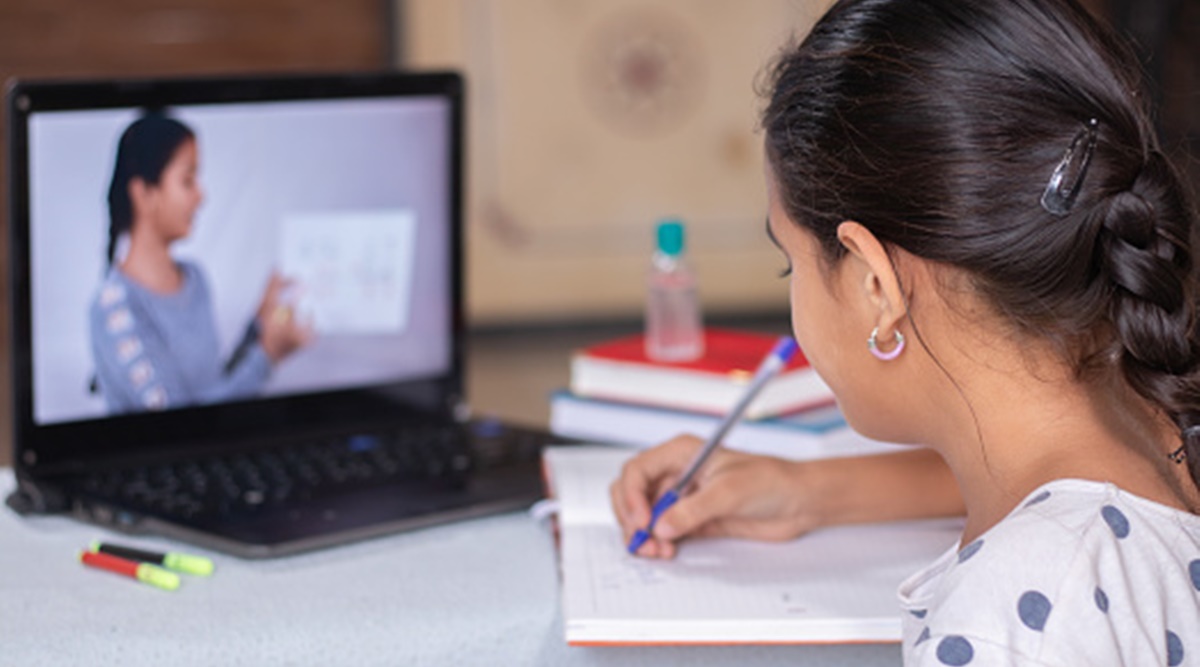 The HC said that all stakeholders should ensure that specially-abled students were rendered lessons online with respect to means available with the authorities. Representational image/ gettyimages.in
The HC said that all stakeholders should ensure that specially-abled students were rendered lessons online with respect to means available with the authorities. Representational image/ gettyimages.in The Bombay High Court on Thursday pulled up the state government for not taking sufficient measures for special students while hearing PIL seeking relief for specially-abled school and college students during the unlock phase and directed all district social welfare officers to pay surprise visits to all learning centres within next 10 days to ascertain nature of services being rendered to specially-abled students and if any deficiency was noticed, such centres were required to cure the same.
The HC said that all stakeholders should ensure that specially-abled students were rendered lessons online with respect to means available with the authorities. A division bench of Chief Justice Dipankar Datta and Justice G S Kulkarni was hearing a public interest litigation (PIL) filed by NGO Anamprem – through advocate Uday Warunjikar – seeking relief for specially-abled school and college students during the unlock phase.
The Maharashtra government through an affidavit had last month told the HC that it was providing online education to specially-abled students across special schools and training centres run by NGOs amid the Covid-19 pandemic. The state had said that it would not be possible to hold physical classes for specially-abled students in view of the pandemic. It added that the Commissionerate for Persons with Disabilities had in June proposed that the government should start e-learning in special schools. From June 15, the same has been made available through Disha app, it added.
On Thursday, Warunjikar submitted that though the state government had facilitated online education for normal students during the unlock phase, differently abled students were neglected. Over lakh of such students had been denied their right to education, he said. Enumerating difficulties, he said that specialised teaching aids, such as talk-book facilities for visually impaired children were not yet provided and that their education through braille cannot happen through online means. He further said that since more than 70 % of special students were from rural areas and if there was no internet connection available, and since no trained teachers available, the implementation of state’s measures for online education as claimed by its lawyer Reena Salunkhe was insufficient and merely an ‘eyewash’.
The Central government through advocate Rui Rodrigues told the bench that the process was underway to make digital platforms friendly to specially-abled students and hence the National Council of Educational Research and Training ( NCERT) was required to be made party to the PIL to answer the queries of the Court.
“Something should have been done within the last six months, how can you overlook the interests of challenged people, you cannot be ignorant of their needs. You (government) must take it to a logical end,” HC said. The Court allowed NCERT to be party to the case and also asked the Centre to file its response within two weeks.
After hearing submissions, the bench asked petitioner NGO to provide suggestions for effective implementation of education for special students and can approach the concerned ministry for the same. The Court directed, “Having regard to the seriousness of concerns raised by petitioner, we direct all district social welfare officers to pay surprise visits to all learning centres in course of next ten days to ascertain the nature of services being rendered by such centres to challenged students. If any deficiency is noticed, he or she shall suitably advise the learning centre to cure the same,” observed the bench.
The bench further said that if a decision at a learning centre was not possible, district social welfare officers shall submit their status report before the joint secretary, social justice and special assistance department, who shall in turn file affidavit before the HC about all such reports received from the district officers. The HC will hear the PIL next after three weeks.